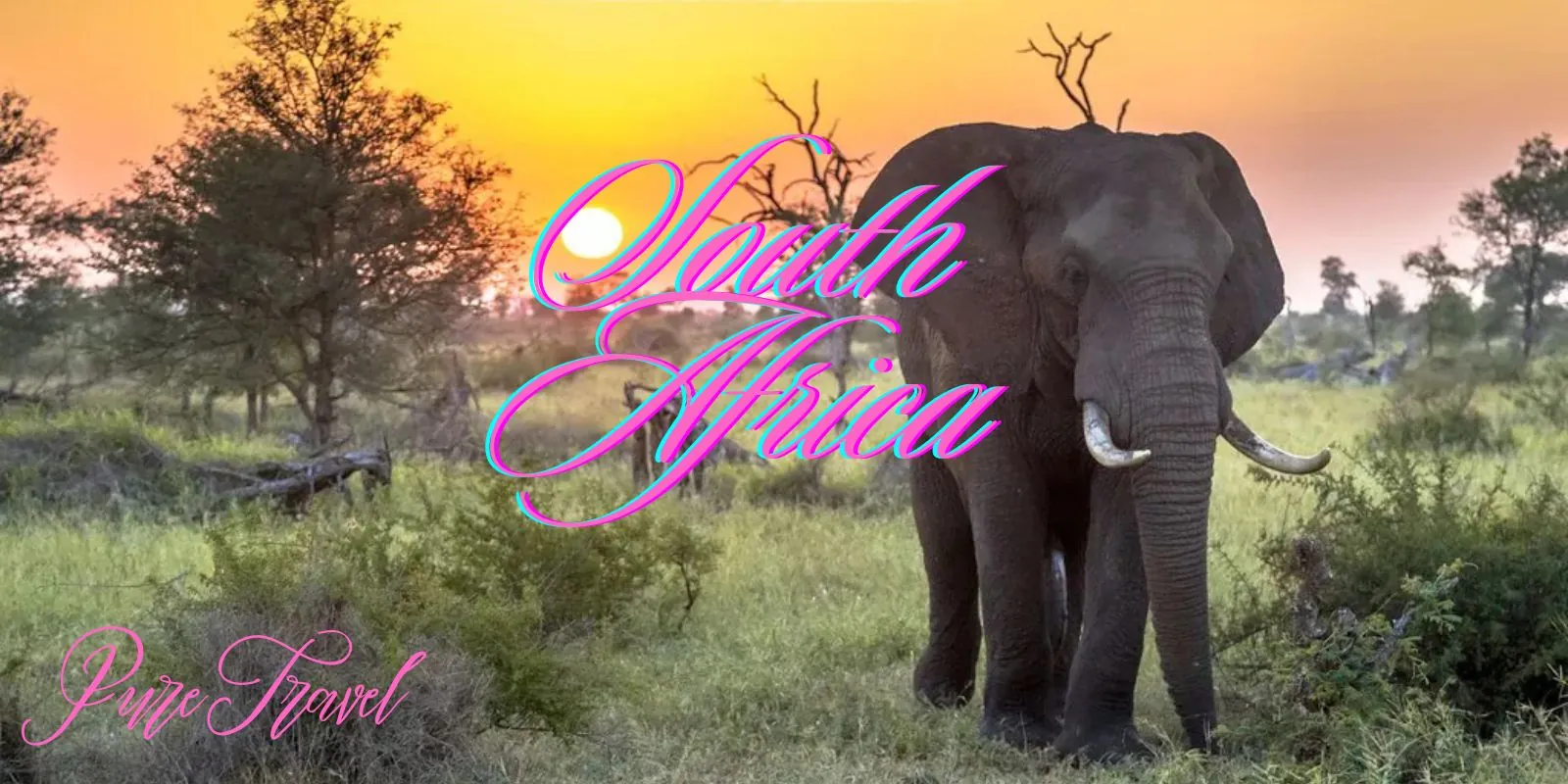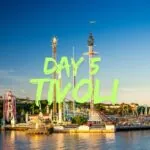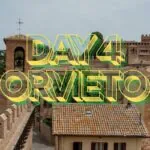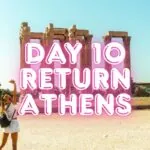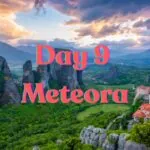South Africa Safari Diaries: Into The Heart Of Kruger
Our South Africa Safari through Kruger National Park was nothing short of extraordinary — golden grasslands alive with the call of the wild, elephants crossing sunlit rivers, and the thrill of spotting lions at dawn. Every turn revealed another heartbeat of Africa — raw, real, and breathtakingly wild.
Introduction: Into the Wild Heart of Africa
Kruger National Park had always been at the top of our African wishlist — a place where nature still reigns supreme. As the gates opened at sunrise, it felt like stepping into another world. The cool air carried the scent of dew-soaked grass, and the rising sun bathed the savannah in amber light. We were here for one reason — to experience the raw magic of South Africa’s wilderness, up close.
There’s something deeply humbling about being surrounded by such vast, untouched beauty. The golden plains stretched endlessly ahead, dotted with acacia trees and silhouettes of grazing antelope. The rhythmic calls of distant hornbills echoed in the morning air, a gentle reminder that every inch of Kruger teems with life. It wasn’t just a safari; it was a journey into the very soul of Africa — wild, timeless, and profoundly alive.
Morning: The Call of the Wild
We began our morning drive in an open 4×4, the engine humming softly as we rolled through the golden plains. The first sight took our breath away — a herd of elephants, their silhouettes framed by the mist. Their gentle rumbles echoed through the still air. Moments later, a pride of lions appeared, sprawled lazily under a marula tree. Watching them yawn and stretch as the sun climbed higher was surreal — like witnessing nature’s perfect rhythm.
The air was filled with the sounds of life — distant calls of hornbills, the rustle of dry grass, and the hum of cicadas. Our guide pointed out fresh leopard tracks near the road — an invisible presence that made our hearts race.
As the light strengthened, we passed a family of zebras grazing near a waterhole, their black-and-white stripes shimmering in the early sun. A few meters away, impalas pranced gracefully, their movements effortless and elegant. The scent of wild sage drifted through the air, blending with the earthy aroma of dust and morning dew. Every moment felt charged with anticipation — as if the savannah itself was holding its breath, waiting to reveal its next secret.
Afternoon: Picnic by the Crocodile River – South Africa
By midday, we stopped for lunch overlooking the Crocodile River. The smell of grilled boerewors and sweet chutney filled the air as we unpacked our picnic. For R120 each (around AUD 10), it was a feast — spiced sausage, pap (a traditional maize dish), and a cold bottle of Savannah cider to wash it all down. From our spot, we watched hippos surface and crocodiles glide silently below. The heat shimmered off the water, and for a moment, everything stood still — just the sound of Africa breathing around us.
The lazy hum of insects mixed with the rhythmic splash of the river current. A family of vervet monkeys scampered along the nearby branches, watching us curiously, hoping for a taste of our lunch. In the distance, a fish eagle swooped low, its sharp cry slicing through the midday stillness. The air was thick with warmth, carrying the scent of wet reeds and sunbaked earth. It was one of those rare, grounding moments — where time seemed to slow, and every sense felt alive and attuned to the wild beauty around us.
Evening: Sunset Over the Savannah
As the day softened, we joined a sunset safari. The sky transformed into a canvas of orange and violet hues. Giraffes moved gracefully against the fading light, while impalas grazed in the distance. When the first stars appeared, our guide cut the engine. Silence — deep and enveloping — filled the night. Only the chirping of crickets and the distant roar of a lion reminded us how alive the darkness was.
Dinner back at camp was a hearty affair — slow-cooked oxtail stew and malva pudding for dessert (R250 / AUD 20 per person). We sat by the fire, sipping Amarula cream liqueur, talking about the day’s sightings, and staring into the glowing embers — each spark a tiny echo of the wild beyond.
Pro Traveler Tip: – South Africa
Book a guided sunrise or sunset drive for the best wildlife viewing — animals are most active during these cooler hours. Bring binoculars and a light jacket, even in summer, as early mornings can be surprisingly cool.
Pro Traveler Warning:
Beware of hidden park fees and fuel surcharges when booking safaris independently. Also, keep your distance from wildlife — even if they seem calm. Kruger’s beauty lies in its wild unpredictability.
Your Wild Heart Awaits
Kruger National Park isn’t just a safari destination — it’s a reminder of how vast, untamed, and breathtaking the natural world can be. Every roar, rustle, and ripple tells a story millions of years in the making. For anyone seeking connection, adventure, and awe, Kruger is where your African journey truly begins.
FAQ: South Africa Safari Diaries — Kruger National Park
1. What is the best time to visit Kruger National Park for a safari?
The dry winter season, from May to September, is ideal for safaris. Vegetation is thinner, and animals gather around waterholes, making sightings easier. For lush scenery and birdwatching, visit during the wet summer months (November to March).
2. How much does a Kruger National Park safari cost?
Daily park entry fees are around R450 (approx. AUD 38) per adult. Guided sunrise or sunset drives typically cost R400–R600 per person, while full-day safaris with meals range from R1000–R1500 depending on the lodge or operator.
3. Is it safe to self-drive in Kruger National Park?
Yes, Kruger is one of the best self-drive safari parks in Africa. Roads are well-maintained and signposted. Follow speed limits, stay in your vehicle at all times, and keep a safe distance from wildlife. Fuel and rest camps are located throughout the park.
4. What kind of wildlife can I expect to see in Kruger?
Kruger is home to the Big Five — lions, leopards, elephants, rhinos, and buffalo — along with zebras, giraffes, cheetahs, hippos, crocodiles, and over 500 bird species. Each region offers different viewing opportunities depending on terrain and season.
5. What are some essential travel tips for visiting Kruger?
Book safaris and accommodation early, especially during peak seasons. Bring binoculars, sunscreen, insect repellent, and light layers for early mornings. Always respect wildlife boundaries and park rules — safety and conservation come first.

